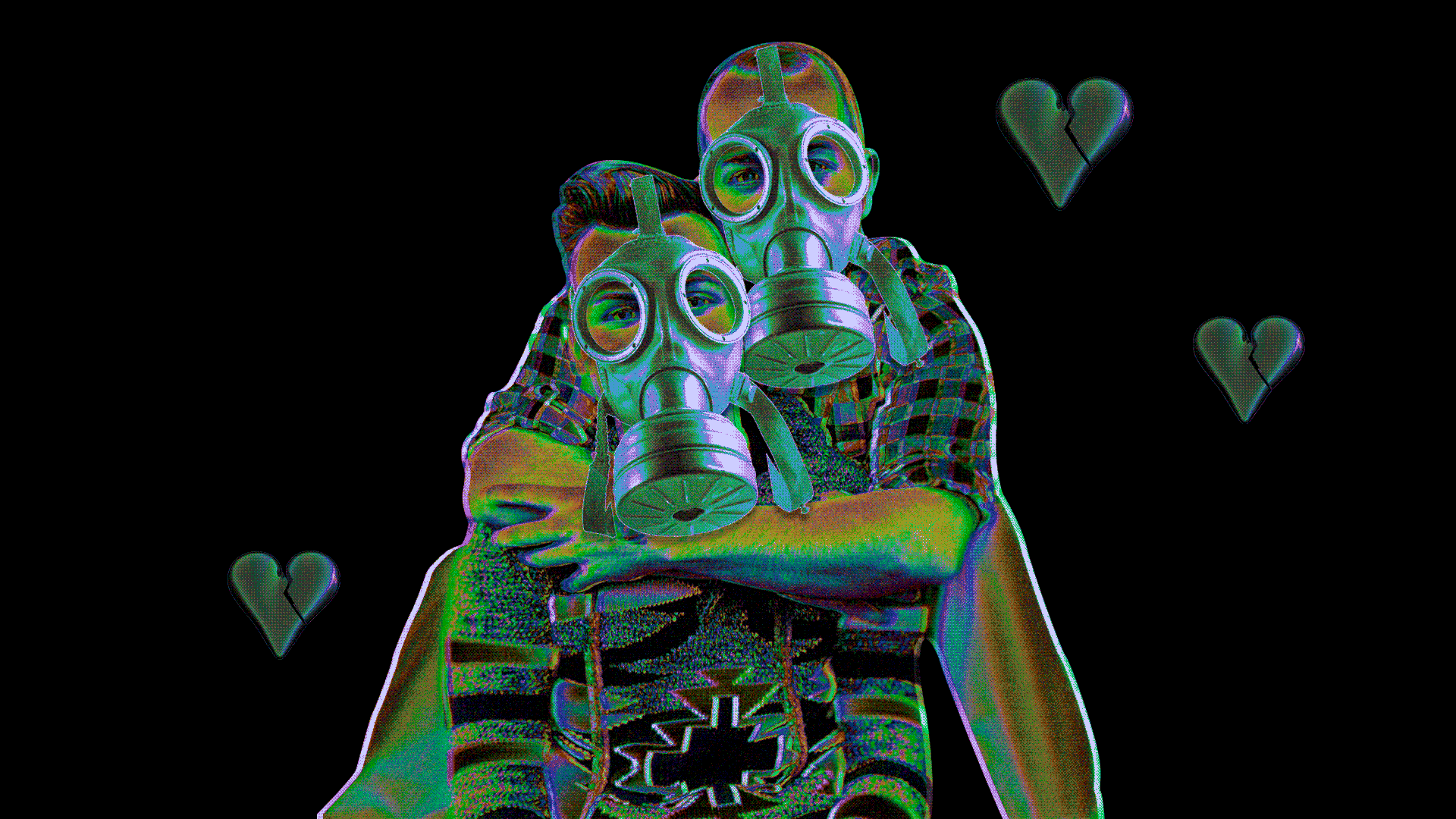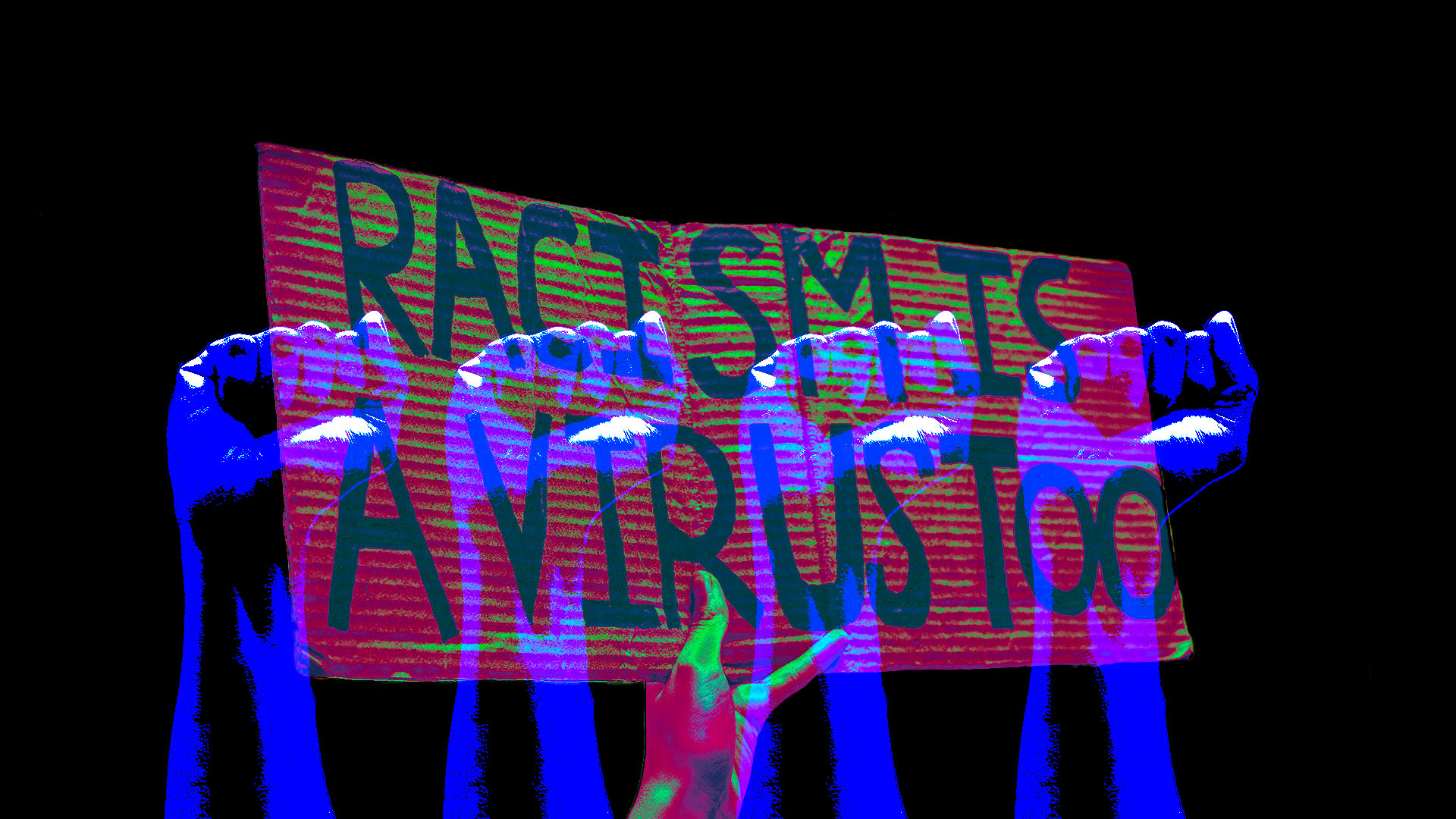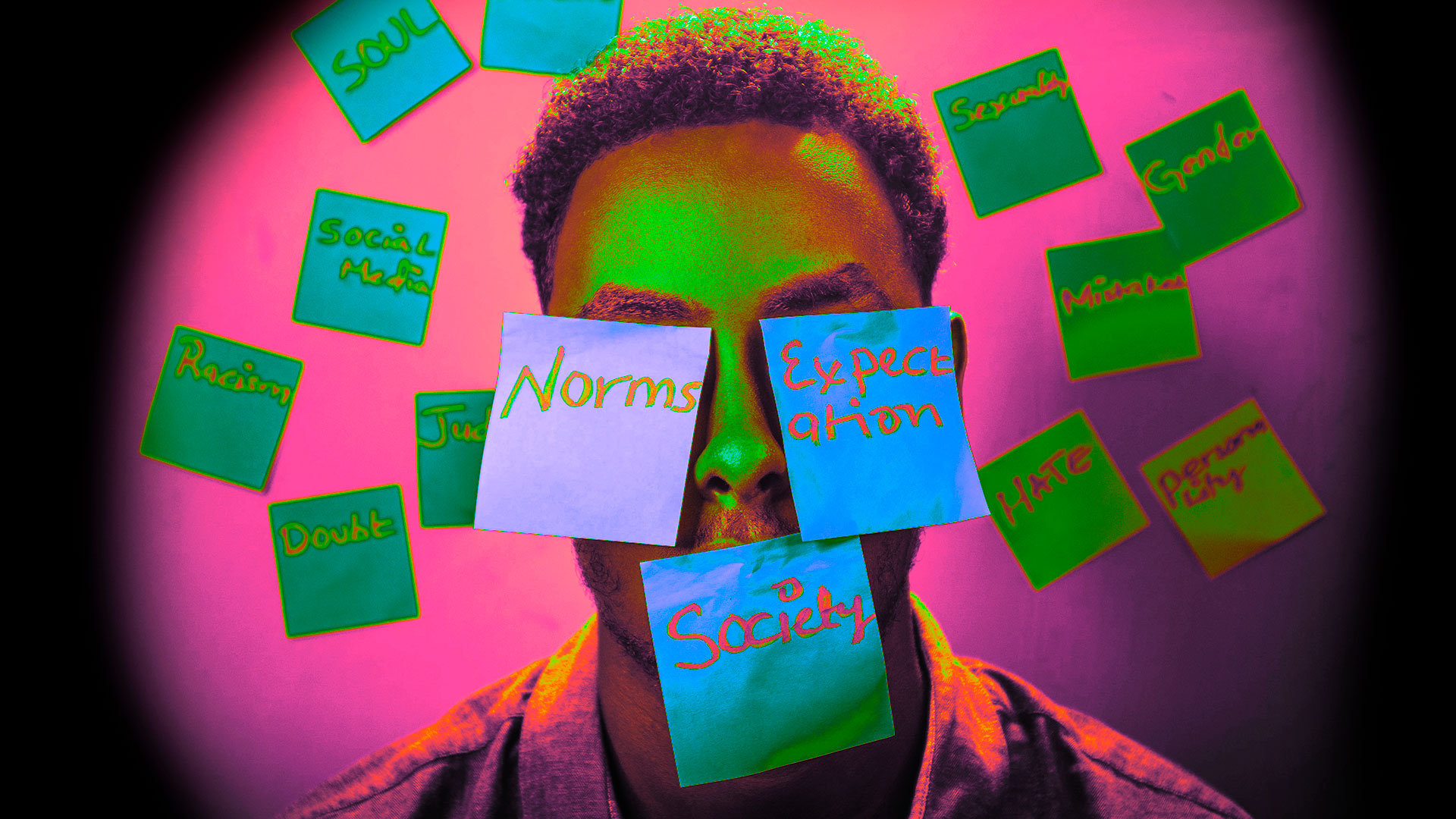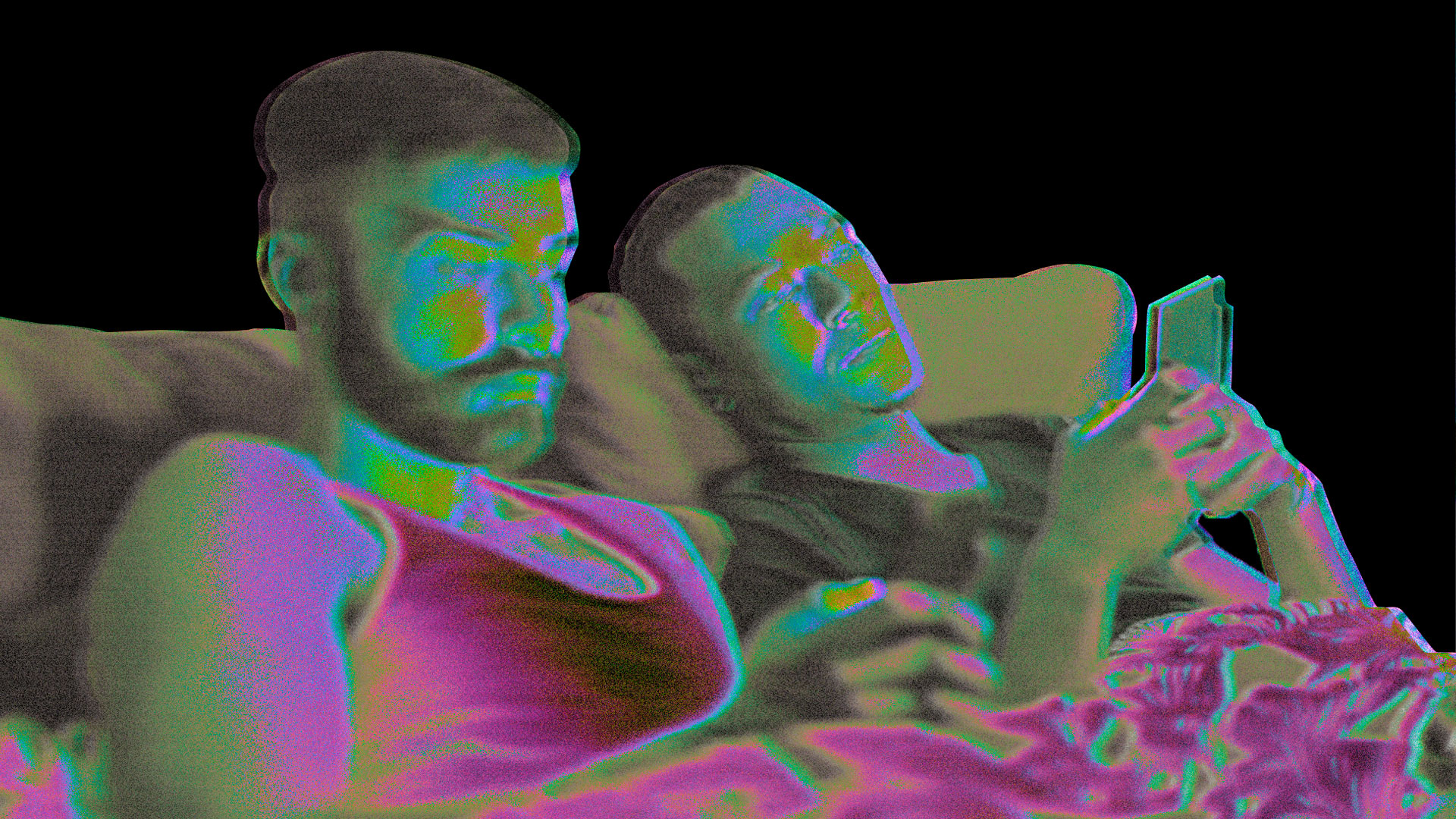How To Deal With Discrimination?
15064
Discrimination is an everyday reality. Discrimination is the unfair or prejudicial treatment of people and groups based on characteristics.

How to Deal With Discrimination?
Discrimination
noun
- the unjust or prejudicial treatment of different categories of people or things, especially on the grounds of race, age, or sex.
- recognition and understanding of the difference between one thing and another.
.....
Dealing with discrimination?
Finding healthy ways to deal with discrimination is important, for your physical health and your mental well-being.
Focus on your strengths. Focusing on your core values, beliefs and perceived strengths can motivate people to succeed, and may even buffer the negative effects of bias. Overcoming hardship can also make people more resilient and better able to face future challenges.
Seek support systems. One problem with discrimination is that people can internalize others’ negative beliefs, even when they’re false. You may start to believe you’re not good enough. But family and friends can remind you of your worth and help you reframe those faulty beliefs.
Family and friends can also help counteract the toll that microagressions and other examples of daily discrimination can take. In a world that regularly invalidates your experiences and feelings, members of your support network can reassure you that you’re not imagining those experiences of discrimination. Still, it’s sometimes painful to talk about discrimination. It can be helpful to ask friends and family how they handle such events.
Your family and friends can also be helpful if you feel you’ve been the victim of discrimination in areas such as housing, employment or education. Often, people don’t report such experiences to agencies or supervisors. One reason for that lack of reporting is that people often doubt themselves: Was I actually discriminated against, or am I being oversensitive? Will I be judged negatively if I push the issue? Your support network can provide a reality check and a sounding board to help you decide if your claims are valid and worth pursuing.
Add us on Line and stay in touch.
Get involved. Support doesn’t have to come from people in your family or circle of friends. You can get involved with like-minded groups and organizations, whether locally or online. It can help to know there are other people who have had similar experiences to yours. And connecting with those people might help you figure out how to address situations and respond to experiences of discrimination in ways you haven’t thought of.
Help yourself think clearly. Being the target of discrimination can stir up a lot of strong emotions including anger, sadness and embarrassment. Such experiences often trigger a physiological response, too; they can increase your blood pressure, heart rate and body temperature.
Try to check in with your body before reacting. Slow your breathing or use other relaxation exercises to calm your body’s stress response. Then you’ll be able to think more clearly about how you want to respond.
Don’t dwell. When you’ve experienced discrimination, it can be really hard to just shake it off. People often get stuck on episodes of discrimination, in part because they’re not sure how to handle those experiences. You might want to speak out or complain, but you’re not sure how to go about it, or are afraid of the backlash. So instead, you end up ruminating, or thinking over and over about what you should have done.
But rumination can make things worse. Researchers have found that while traumatic experiences are a significant cause of anxiety and depression, people who ruminate, or dwell on, those negative thoughts and experiences report more stress and anxiety.2
In a calmer moment, it might be helpful to talk over the ways you can cope with similar experiences in the future. Try to come up with a plan for how you might respond or what you could do differently next time. Once you’ve determined how to respond, try to leave the incident behind you as you go on with your day.
Seek professional help. Discrimination is difficult to deal with, and is often associated with symptoms of depression. Psychologists are experts in helping people manage symptoms of stress and depression, and can help you find healthy ways to cope. You can find a psychologist in your area by contacting PULSE CLINICs.
Get a monthly life hack direct from the doctor to your inbox. Subscribe. Like. Follow. Share :)







